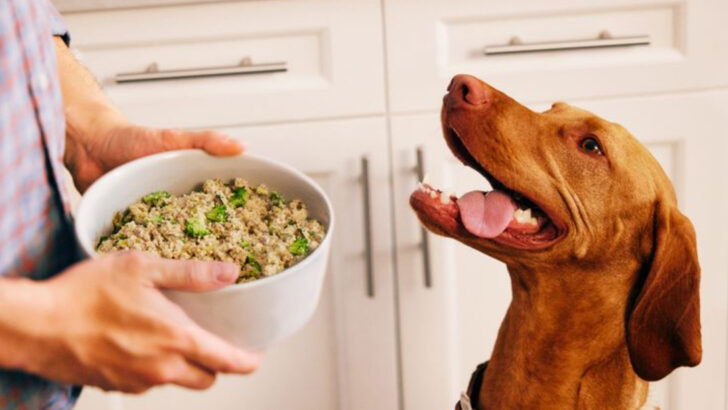Your dog deserves to feel their best—energetic, happy, and ready for every adventure. But extra pounds can slow them down, putting stress on their joints and overall health. The good news? You have the power to help them get back in shape!
Weight management isn’t just about portion control—it’s about smarter habits, better choices, and making movement fun. From sneaky calorie traps to the magic of the right exercise routine, there are easy ways to help your pup shed excess weight without turning mealtime into a battle.
Forget crash diets and boring routines. With the right approach, weight loss can be an enjoyable journey for both you and your furry friend. These 15 practical tips will get tails wagging and paws moving in the right direction—toward a happier, healthier life!
Balanced Diet
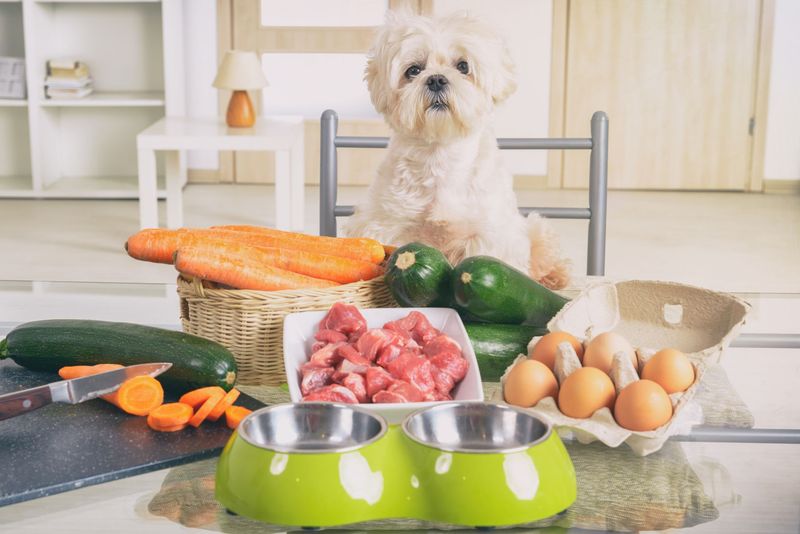
A balanced diet is fundamental to maintaining your dog’s healthy weight. Focus on providing lean meats, vegetables, and whole grains. Opt for high-quality dog food that lists meat as the first ingredient.
Consider consulting with your veterinarian about portion sizes and specific dietary needs. Avoid sharing your meals with your dog; human food can be calorie-dense and harmful. Instead, offer healthy treats in moderation.
Consistent feeding times help maintain metabolism and prevent overeating. Remember to provide plenty of fresh water, ensuring your dog stays hydrated throughout the day.
Regular Exercise
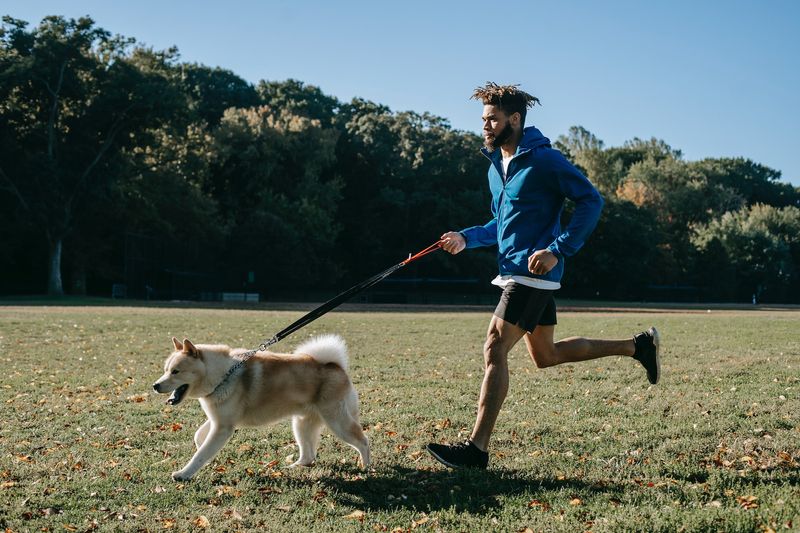
Exercise is key to helping your dog shed excess pounds. Daily walks, playing fetch, or engaging in dog sports keeps them active and burns calories.
Tailor the intensity and duration of exercise based on your dog’s breed, age, and health. Start with short walks if your dog is not used to regular activity, gradually increasing as they build stamina.
Incorporate variety to prevent boredom; explore new parks or trails. Monitoring your dog during exercise helps avoid overheating, especially on hot days. Exercise boosts physical health and strengthens your bond.
Portion Control
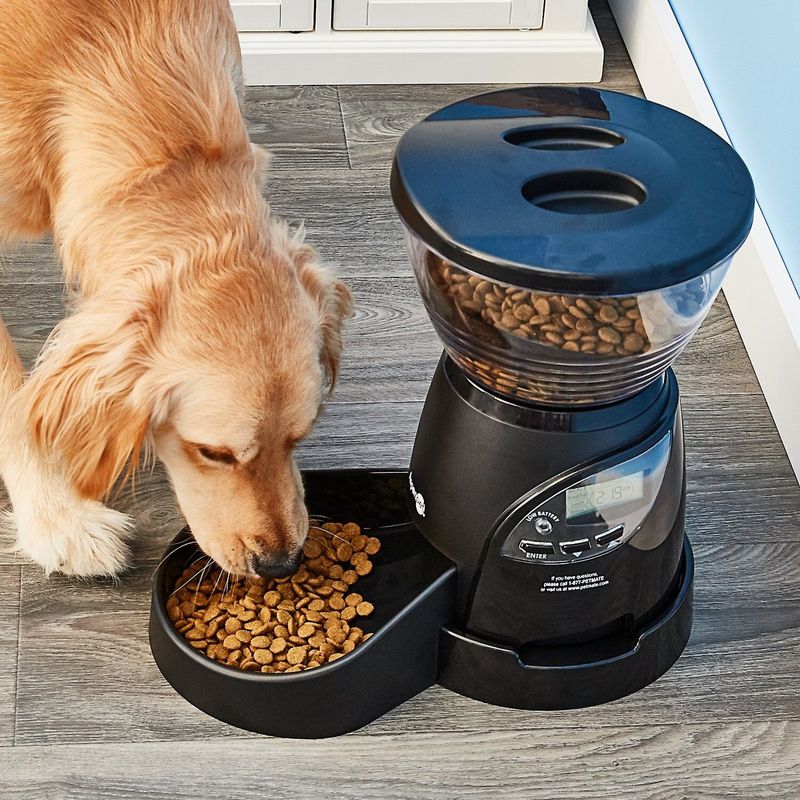
Managing portion sizes is crucial in weight management for dogs. Use a measuring cup to ensure accurate food portions based on your dog’s size and activity level.
Consult your veterinarian to determine the ideal calorie intake for your dog. Avoid free feeding, where food is left out all day, as it leads to overeating.
Regularly weigh your dog and adjust portions as needed. Portion control prevents unnecessary weight gain and promotes a healthy lifestyle. Consider using interactive feeders to slow down eating and add mental stimulation to mealtime.
Healthy Treats
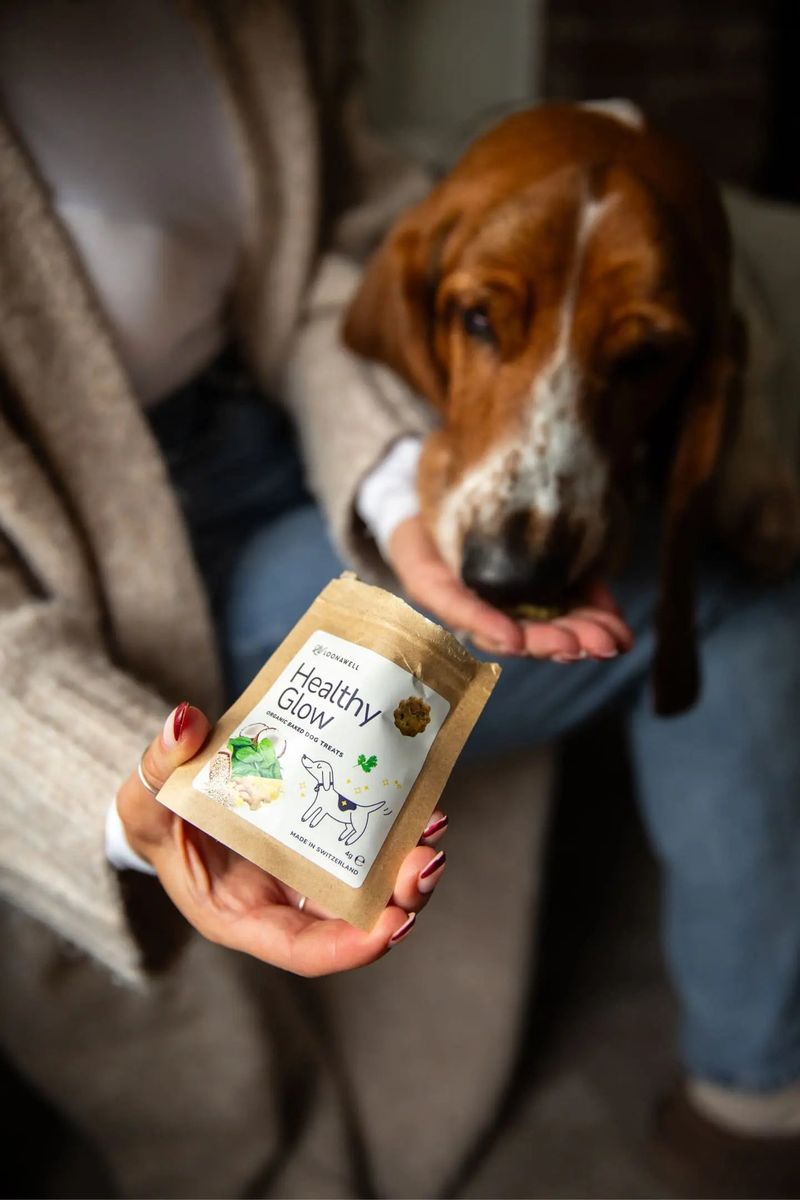
Treats can be a part of a healthy diet if chosen wisely. Opt for low-calorie, nutrient-rich treats to prevent excess weight gain.
Homemade treats using ingredients like carrots, pumpkin, and oats offer healthy alternatives to store-bought options. Keep treats less than 10% of your dog’s daily caloric intake.
Avoid feeding table scraps or high-fat treats. Use treats as rewards for good behavior or training, not as a substitute for meals. This approach maintains a balanced diet while still indulging your dog occasionally.
Monitor Weight
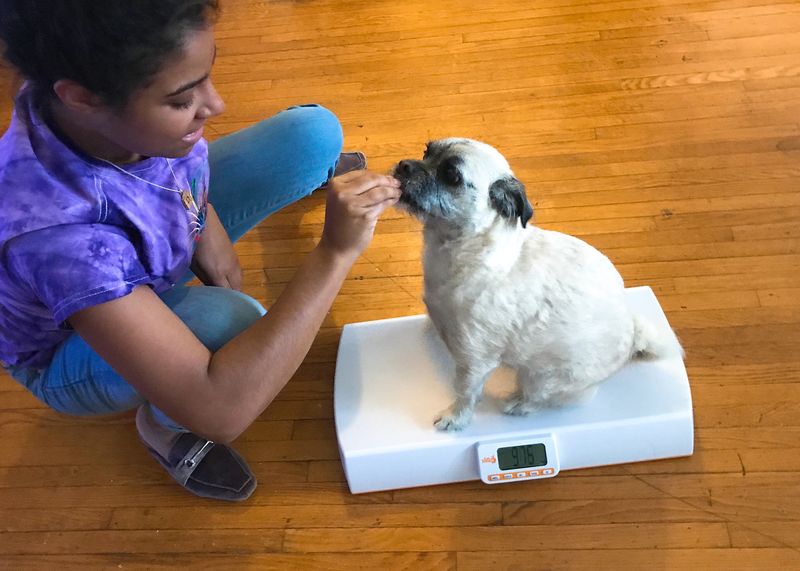
Regular monitoring of your dog’s weight helps in early detection of weight gain. Weigh your dog monthly to track changes and adjust their diet or exercise accordingly.
Visit your veterinarian for regular check-ups to ensure your dog maintains a healthy weight. They can assess your dog’s body condition score, a crucial indicator of health.
Use body condition charts available online to understand the ideal weight range for your dog’s breed. Consistent monitoring prevents obesity-related health issues, ensuring a longer, healthier life.
Set Goals

Setting achievable weight goals helps track your dog’s progress. Start by determining the ideal weight range with your veterinarian’s guidance.
Break down the overall goal into manageable milestones, celebrating small achievements along the way. This keeps motivation high and progress steady.
Keep a journal of your dog’s diet, exercise, and weight changes. Adjust strategies if progress stalls. Goal setting provides structure and accountability, ensuring your dog reaches a healthy weight effectively and safely.
Scheduled Feeding
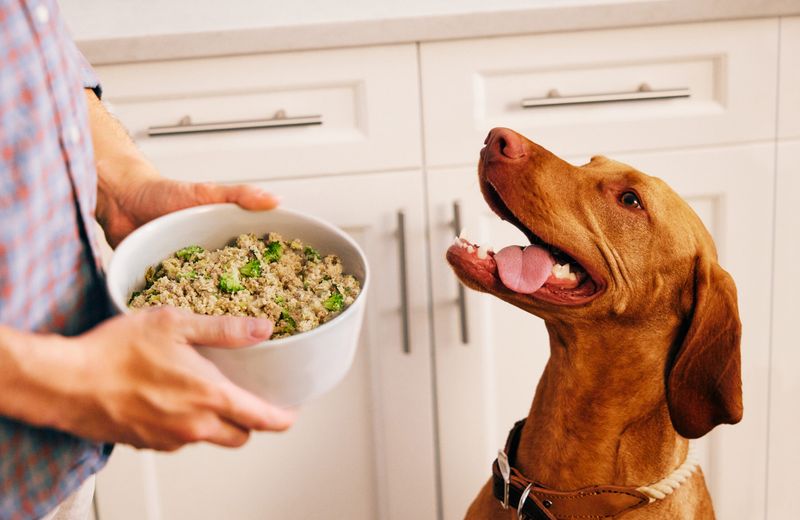
Scheduled feeding ensures your dog has consistent meal times, aiding in weight management. Fixed schedules regulate metabolism and prevent overeating.
Feed your dog twice daily, once in the morning and once in the evening. Avoid feeding late at night, as it can lead to unnecessary weight gain.
Regular meal times help anticipate hunger, reducing the likelihood of scavenging for food. Consistency in feeding schedules contributes to a healthier lifestyle for your dog.
Limit High-Calorie Snacks
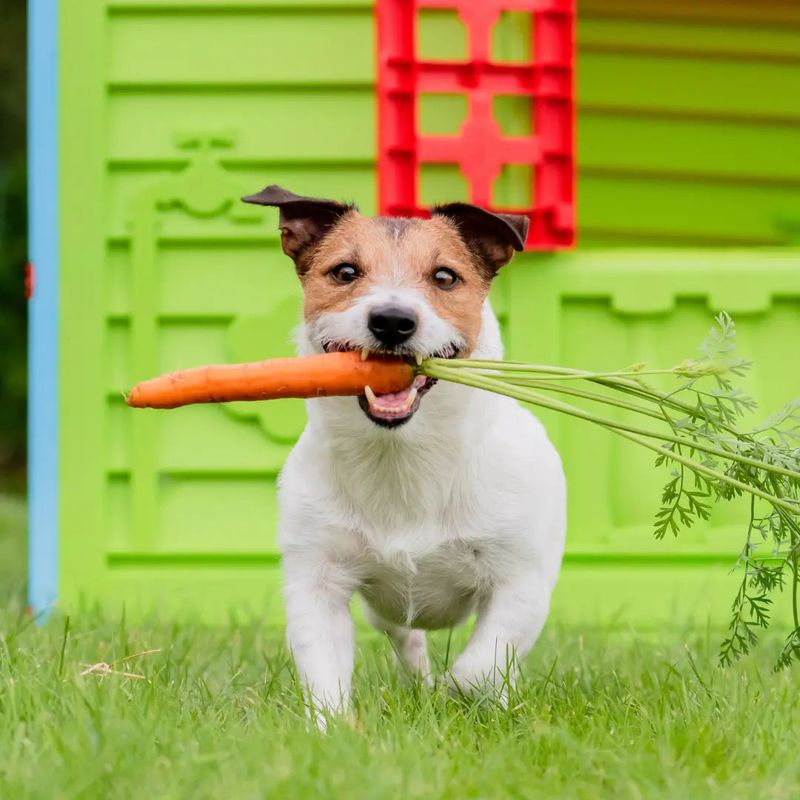
Limiting high-calorie snacks is vital for weight management. These snacks, often calorie-dense, contribute to rapid weight gain if not controlled.
Read labels to identify calorie content and opt for healthier alternatives. Store high-calorie snacks out of reach, using them sparingly.
Reward your pet with attention and playtime instead of treats. This approach prevents overconsumption, contributing to a balanced diet and a healthy weight.
Hydration
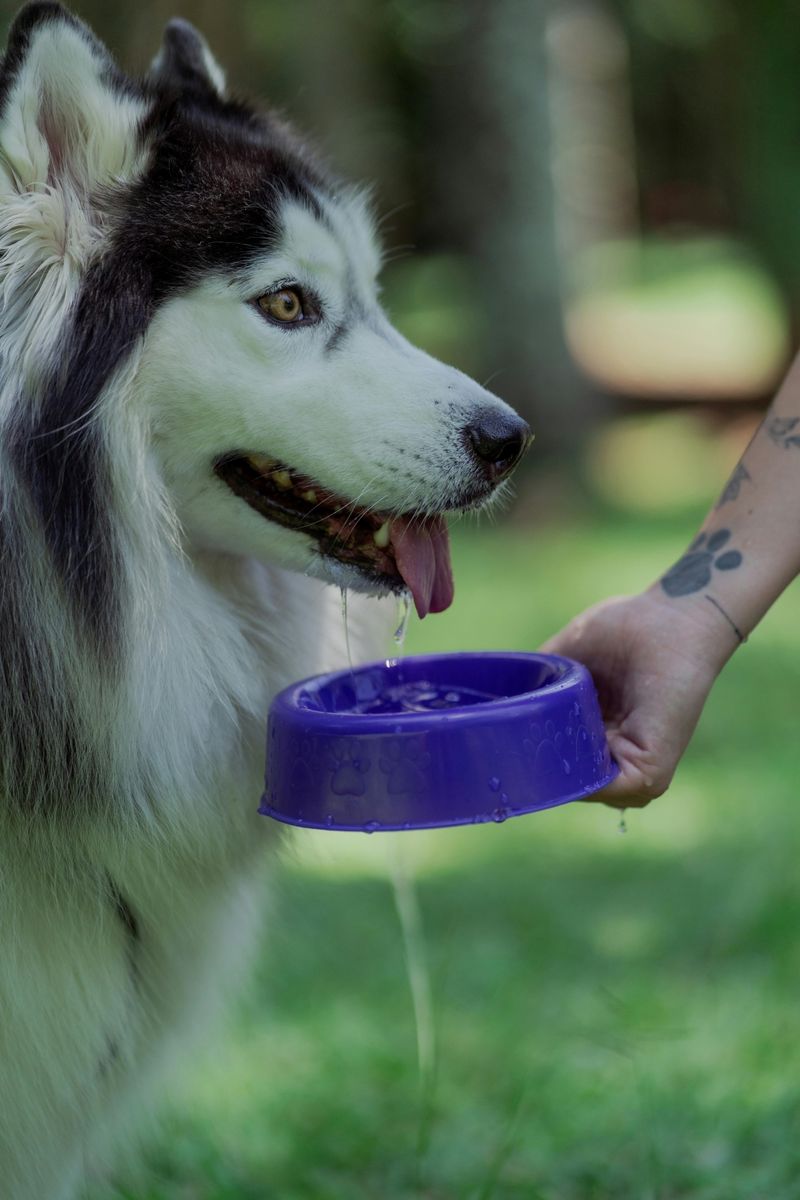
Proper hydration supports your dog’s overall health and weight management. Ensure access to fresh, clean water throughout the day.
Dehydration can slow metabolism, affecting weight loss efforts. Monitor water intake, especially during exercise or hot weather.
Add water to dry kibble for added moisture, aiding digestion and hydration. Staying hydrated keeps your dog active and energetic, contributing to a healthy lifestyle.
Health Check-Ups
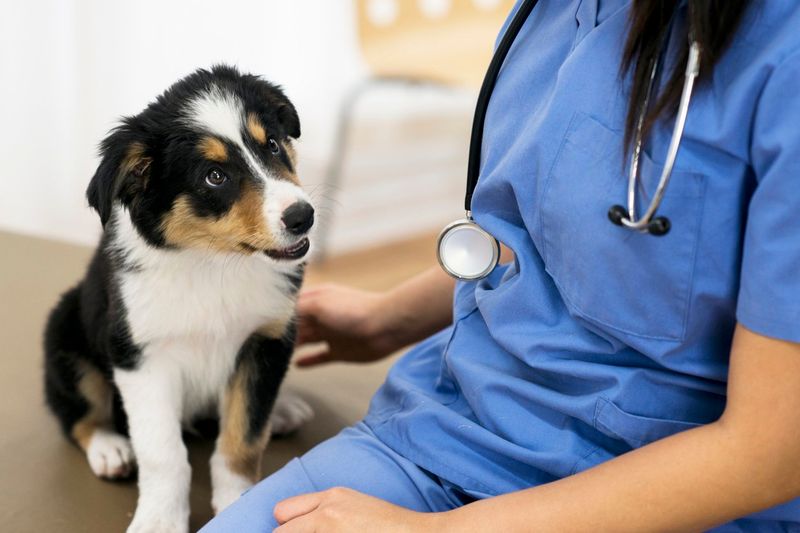
Regular health check-ups are essential in tracking your dog’s weight and overall well-being. Veterinarians provide guidance on diet, exercise, and weight management.
Discuss any sudden weight changes or concerns during visits. Comprehensive exams detect underlying health issues affecting weight.
Routine check-ups ensure your dog receives up-to-date vaccinations and preventive care. A proactive approach maintains your dog’s health and happiness.
Interactive Toys
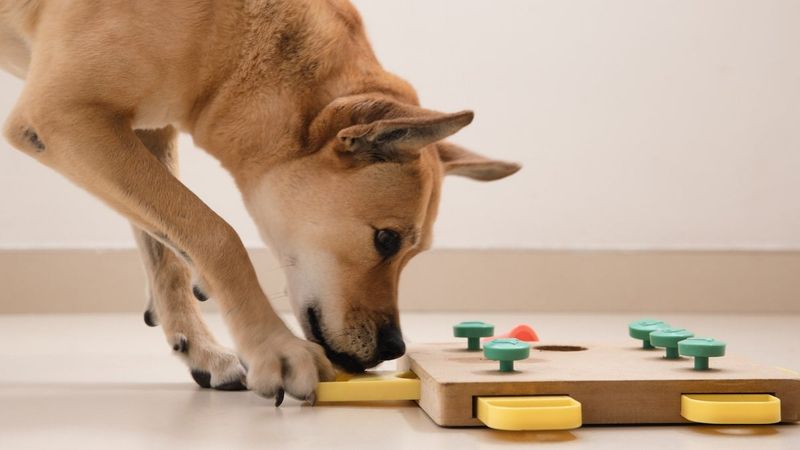
Interactive toys encourage physical activity and mental stimulation, aiding weight management. Toys like treat-dispensing puzzles keep your dog engaged and moving.
Rotate toys regularly to maintain interest and challenge your dog. Incorporate interactive playtime into daily routines to burn calories and reduce boredom.
Engaging activities strengthen the bond between you and your dog, promoting a healthy, active lifestyle.
Variety in Routine
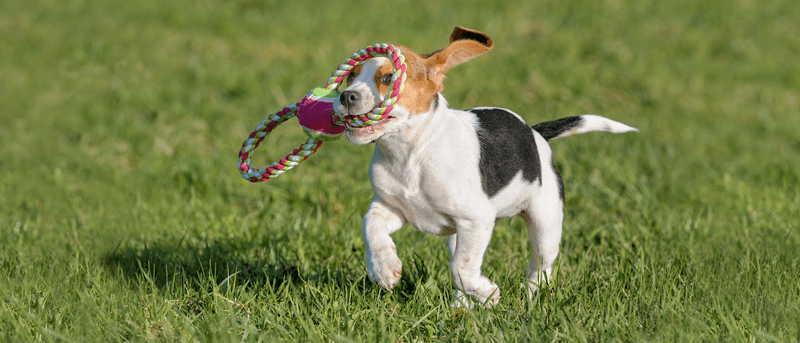
Incorporating variety in your dog’s routine prevents monotony and promotes weight loss. New walking routes, games, and activities keep them physically and mentally stimulated.
Explore different environments, such as parks or hiking trails, offering fresh experiences. Interaction with other dogs during outings enhances socialization and exercise benefits.
Variety prevents routine boredom, encouraging an active lifestyle conducive to maintaining a healthy weight.
Calorie Tracking
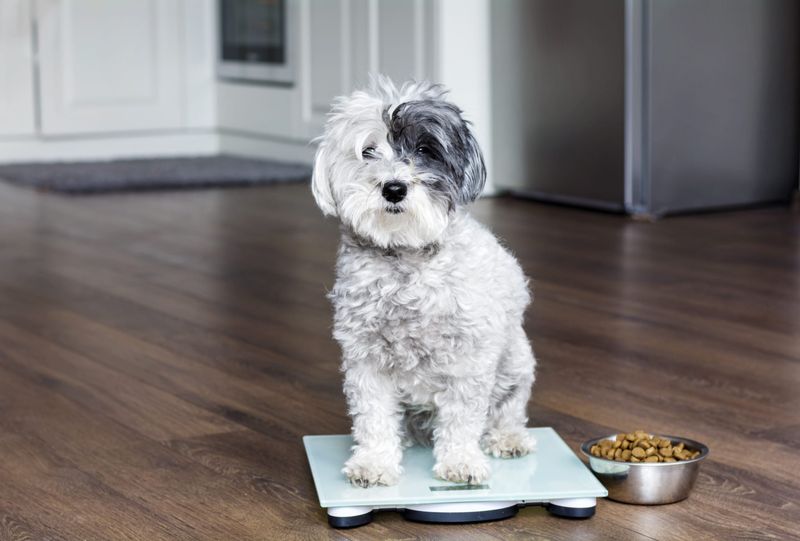
Tracking your dog’s caloric intake ensures balanced nutrition and aids weight loss. Utilize apps or journals to record daily meals and treats.
Understanding caloric needs helps prevent overfeeding, maintaining optimal weight. Make adjustments based on activity level and weight goals.
Calorie tracking provides insights into dietary habits, enabling informed decisions about food choices. Maintaining awareness prevents potential weight gain and enhances overall health.
Professional Guidance
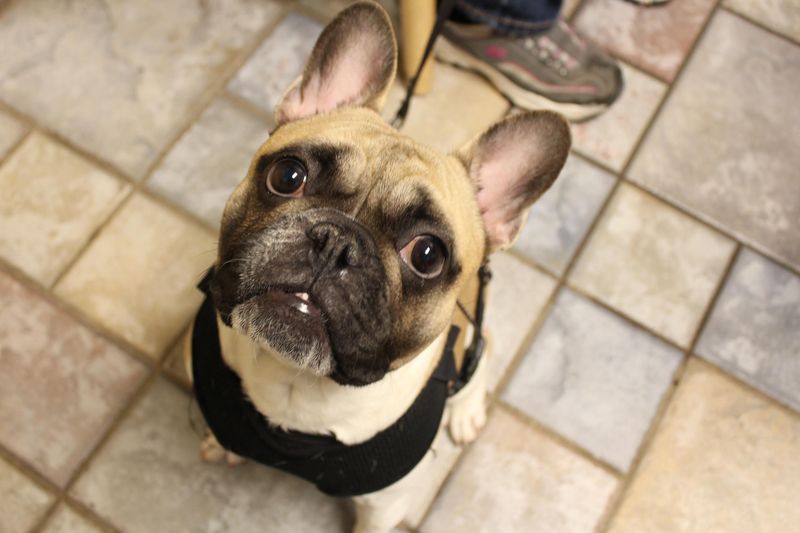
Professional guidance is valuable in managing your dog’s weight effectively. Pet nutritionists offer tailored diet plans and advice, considering unique needs.
Seeking expert advice helps identify nutritional gaps or health issues affecting weight. Regular consultations ensure progress and timely adjustments.
Professional support provides confidence and knowledge, empowering you to make informed decisions for your dog’s health journey.
Positive Reinforcement
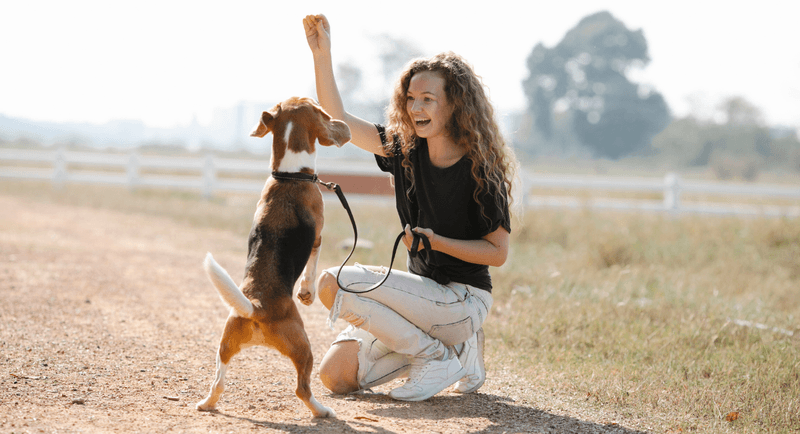
Positive reinforcement builds good habits and supports weight management. Reward healthy behaviors with affection, playtime, or praise instead of treats.
Establishing a positive environment encourages adherence to exercise and diet routines. Reinforcement strengthens the bond between you and your pet.
A supportive approach ensures your dog remains motivated and happy during their weight loss journey, contributing to long-term success.

